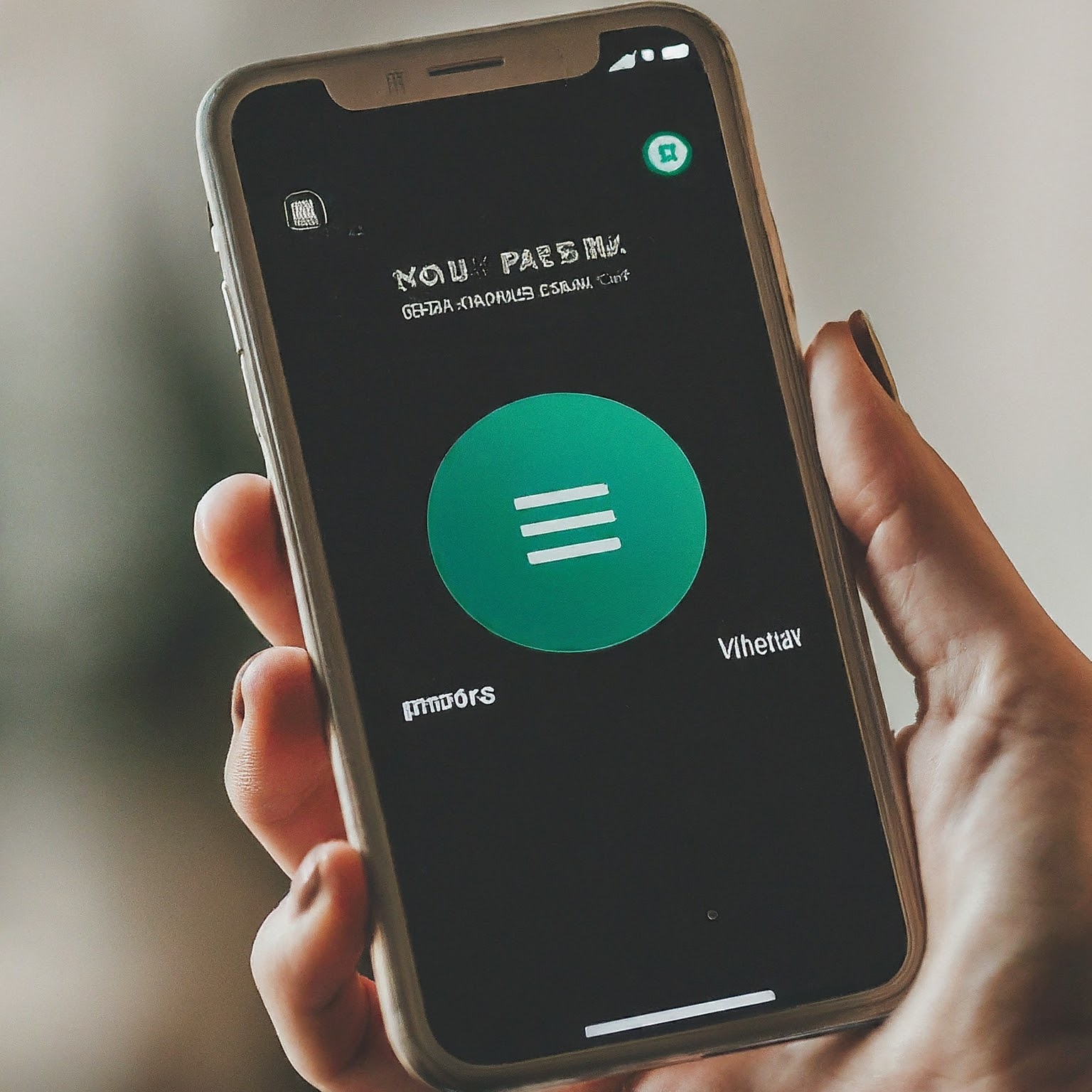In the world of telecommunications, phone prefixes are more than just a set of numbers; they are essential components that help us connect with others efficiently and accurately. While we may not give them much thought in our daily lives, these prefixes play a crucial role in routing calls, identifying service providers, and even indicating the type of phone number we are dialing.

What is a Phone Prefix?
A phone prefix is a set of digits that precede the main phone number. It can vary in length depending on the country and the type of service. In some cases, the phone prefix may include the country code, while in others, it may refer to the area code or a specific service provider prefix.
The Role of Phone Prefixes
Phone prefixes serve several important functions:
- Call Routing: They help telephone networks direct calls to the correct destination, ensuring that your call reaches the intended recipient.
- Service Identification: Certain prefixes are used to identify specific services, such as toll-free numbers (800, 888, 877, etc.), emergency services (911), and information lines (411).
- Network Identification: In many countries, phone prefixes are used to identify the mobile network operator or landline service provider.
- Location Identification: In some cases, phone prefixes can indicate the general location of the caller, although this is becoming less reliable due to number portability.
Types of Phone Prefixes
There are several types of phone prefixes, including:
- Country Codes: These are the international dialing codes that identify the country where the phone number is located.
- Area Codes: These are three-digit codes that represent specific geographic regions within a country.
- Service Prefixes: These are prefixes used to identify specific types of services, such as toll-free numbers or emergency services.
- Mobile Network Operator Prefixes: These are prefixes used to identify the mobile network operator associated with a particular phone number.
The Importance of Understanding Phone Prefixes
Understanding phone prefixes can help you:
- Avoid scams: Scammers often use fake or misleading prefixes to trick people into answering their calls.
- Save money: Knowing which prefixes are toll-free can help you avoid unnecessary long-distance charges.
- Identify callers: Recognizing specific prefixes can help you identify the type of call you are receiving, such as a telemarketing call or a call from a friend.
The Future of Phone Prefixes
As technology continues to evolve, the role of phone prefixes may change. The rise of VoIP (Voice over Internet Protocol) and the increasing use of mobile phones have made geographic location less relevant for phone numbers. However, phone prefixes are likely to remain an important part of the telecommunications infrastructure for the foreseeable future.
Conclusion
In conclusion, phone prefixes are a fundamental element of the global telecommunications network. They serve various purposes, from routing calls to identifying services and locations. By understanding the different types of phone prefixes and their functions, you can navigate the complex world of telecommunication with ease and confidence.


